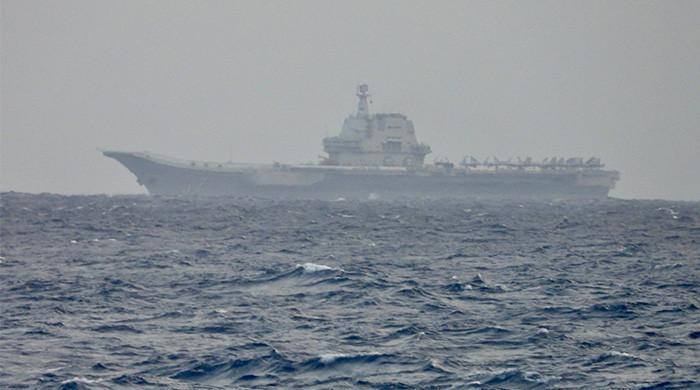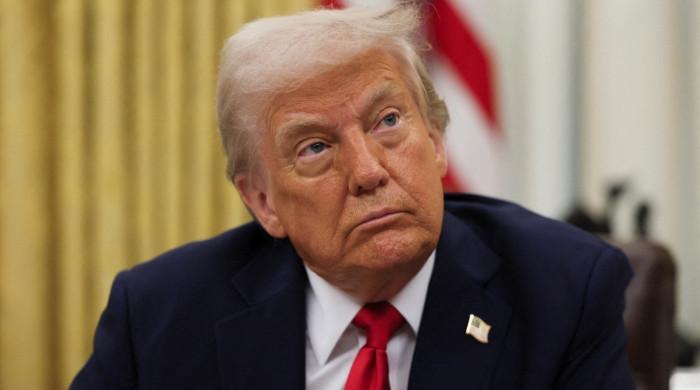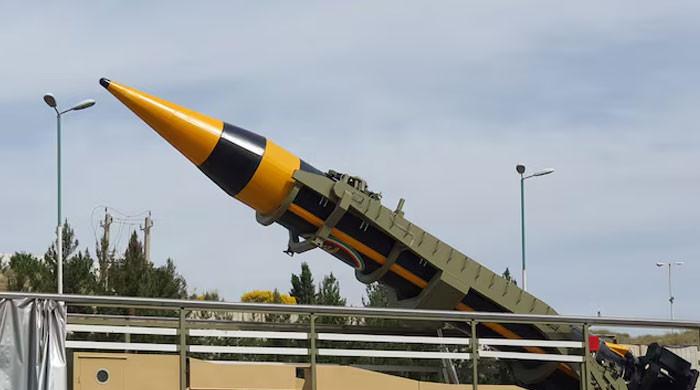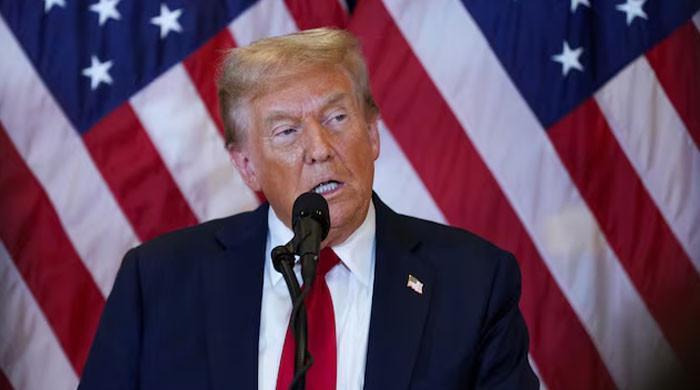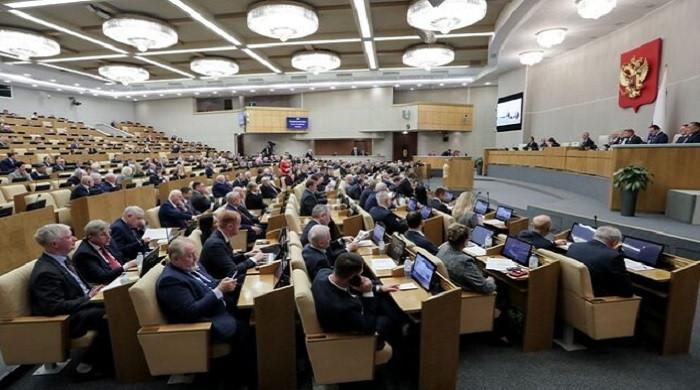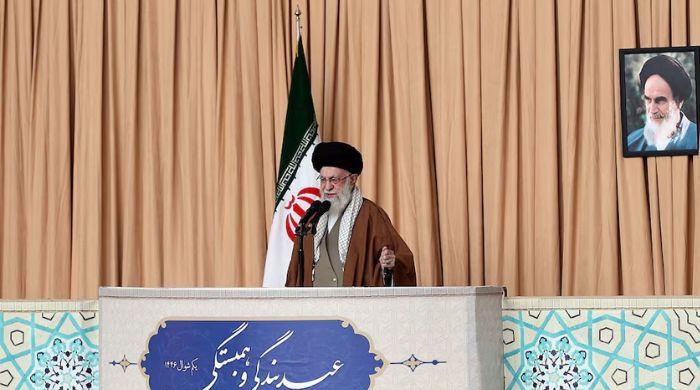Venezuela begins Chavez farewell as an era ends
CARACAS: Venezuelans began Wednesday to bid farewell to late President Hugo Chavez, whose body was to lie in state for three days to honor the firebrand leftist who ruled the oil-rich nation for 14...
March 07, 2013
The body of the 58-year-old former paratrooper was to be escorted by a four-horse cortege from the Caracas military hospital where he died from cancer to a military academy he considered his second home.
Venezuela, still deeply divided after an acrimonious election in October, declared a week of national mourning, and a senior minister said a new vote would be called within what are sure to be 30 tense days.
Vice President Nicolas Maduro, who tearfully broke the news to the nation on Tuesday that his mentor had lost his battle with cancer, was poised to take over as interim president and campaign as Chavez's chosen successor.
The death brought thousands of Venezuelans to public squares across the nation, weeping and celebrating the life of a divise figure whose oil-funded socialist revolution delighted the poor and infuriated the wealthy.
Hundreds of people spent the night in front of his hospital, waving Venezuelan flags and chanting "we are all Chavez!" A banner was hung the hospital fence, reading "Chavez lives, the battle continues!"
"I love him," said Iris Dicuro, 62, who came from the northeastern city of Puerto La Cruz and wore a shirt with the words "Forward Comandante." "I want to bid farewell because he was a good man who gave everything to the poor."
Schools were closed and huge crowds were expected along the capital's streets to see his remains taken to the military academy.
The armed forces were to fire a 21-gun salute and "there will be a salvo every hour until his burial," Defense Minister Diego Molero said.
Some of Chavez's closest allies had already arrived Wednesday ahead of a state funeral on Friday, including Argentine President Cristina Kirchner, Uruguay's Jose Mujica and Bolivia's Evo Morales.
The nation's security forces were deployed following Chavez's death and Foreign Minister Elias Jaua said calm reigned in the nation, which was once rocked by a short-lived coup against Chavez in 2002.
Venezuela's closest ally, communist Cuba, declared its own mourning period for a leader who helped prop up the island's economy with cheap fuel and cash transfers, and dubbed Chavez a "true son" of revolutionary icon Fidel Castro.
But US President Barack Obama -- often a target of Chavez's anti-American scorn -- was circumspect, pledging the United States would support the "Venezuelan people" and describing Chavez's passing as a "challenging time."
"As Venezuela begins a new chapter in its history, the United States remains committed to policies that promote democratic principles, the rule of law, and respect for human rights," Obama said.
Shortly before Chavez's death was announced, Maduro expelled two US military attaches and accused Venezuela's enemies of somehow afflicting the leftist with the cancer that eventually killed him.
Chavez was showered with tributes from Latin American leaders, not just his allies but also figures like Brazil's Dilma Rousseff, who hailed him as a "great Latin American" and a "friend of the Brazilian people."
Russia, China and Iran also paid tribute to Chavez, who had cultivated close ties with bugbears of the West as a way of thumbing his nose at Washington.
Iranian President Mahmoud Ahmadinejad said Chavez had fallen "martyr" to a "suspect illness," while hailing his close ally for "serving the people of Venezuela and defending human and revolutionary values."
Chavez had checked into the hospital on February 18 for a course of chemotherapy after spending two months in Cuba, where in December he had undergone his fourth round of cancer surgery since June 2011.
The once ubiquitous presence on state television and radio disappeared from public view after he was flown to Cuba on December 10, an unprecedented absence that fueled wave after wave of rumors.
Senior officials had sent mixed signals about the president's health for weeks, while the opposition repeatedly accused the government of lying about his condition. The exact nature and location of his cancer was never revealed.
Chavez will be mourned by many of the country's once-neglected poor, who revered the self-styled revolutionary for using the country's oil riches to fund popular housing, health, food and education programs.
And like-minded Latin American leaders like Cuba's Raul Castro, Ecuador's Rafael Correa and Bolivia's Morales lost a close friend who used his diplomatic muscle and cheap oil to shore up their rule.
Chavez died five months after winning re-election, overcoming public frustration over a rising murder rate, regular blackouts and soaring inflation. (AFP)




